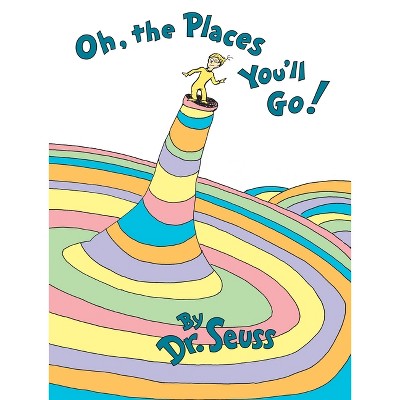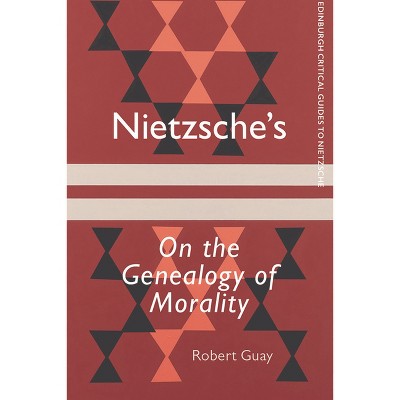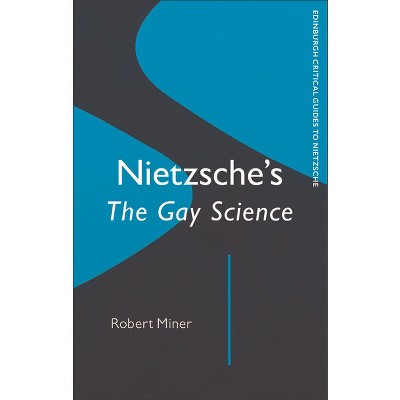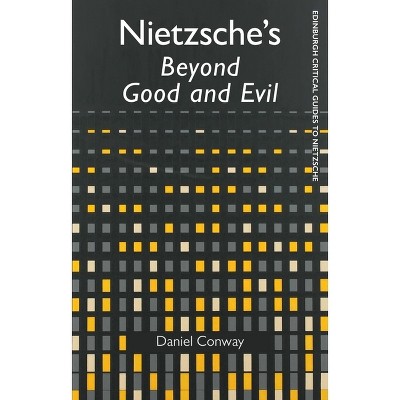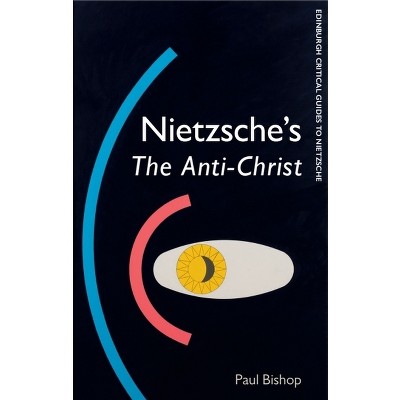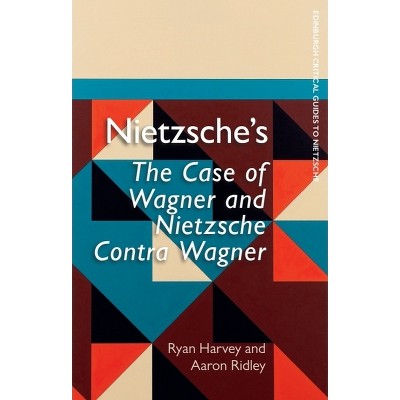About this item
Highlights
- Christine Daigle explores Nietzsche's phenomenological method, a 'wild phenomenology', to elucidate his understanding of the human being as an intentional embodied consciousness, as a being-in-the-world and as a being-with-others.
- About the Author: Christine Daigle is Professor of Philosophy and Director of the Posthumanism Research Institute at Brock University, Canada.
- 208 Pages
- Philosophy, Individual Philosophers
Description
About the Book
Radically revises Nietzsche's ethical and political views by controversially interpreting his philosophy as phenomenological.
Book Synopsis
Christine Daigle explores Nietzsche's phenomenological method, a 'wild phenomenology', to elucidate his understanding of the human being as an intentional embodied consciousness, as a being-in-the-world and as a being-with-others. Establishing this phenomenological conception of the human allows Daigle to revisit the Nietzschean notions of free spirit and the Overhuman and how they express the ethical and cultural-political flourishing Nietzsche envisions for human beings.From the Back Cover
A controversial interpretation of Nietzsche's philosophy as phenomenological that radically revises his ethical and political views Christine Daigle explores Nietzsche's phenomenological method, a 'wild phenomenology', to elucidate his understanding of the human being as an intentional embodied consciousness, as a being-in-the-world and as a being-with-others. Establishing this phenomenological conception of the human allows her to revisit the Nietzschean notions of free spirit and the Overhuman and how they express the ethical and cultural-political flourishing Nietzsche envisions for human beings. Daigle shows that reading Nietzsche as a wild phenomenologist entails a reinterpretation of his views on ethics and politics, specifically of the notions of free spirit, Overhumanity, and authentic flourishing, in the individual and socio-cultural sense. This daring reinterpretation of Nietzsche's philosophy resolves inconsistencies in scholarship and offers a thought-provoking take on his ethical and political views. Christine Daigle is Professor of Philosophy and Director of the Posthumanism Research Institute at Brock University, Canada. Cover image: (c) Barbara Melich, Watercolor Painting Cover design: riverdesignbooks.com [EUP logo] edinburghuniversitypress.com ISBN 978-1-4744-8784-9 BarcodeReview Quotes
Nietzsche as Phenomenologist offers a provocative reading of Nietzsche as a phenomenologist avant la lettre. Daigle makes a compelling case for a Nietzschean 'wild phenomenology' that anticipates Husserl's philosophical framework and methodology. Her systematic reading challenges us to investigate consciousness and embodied subjectivity, ethics, and politics in Nietzsche through the lens of classical phenomenological concepts such as intentionality, being-in-the-world, and being-with-other. A refreshing addition to Nietzsche scholarship!
--Vanessa Lemm, Deakin UniversityAbout the Author
Christine Daigle is Professor of Philosophy and Director of the Posthumanism Research Institute at Brock University, Canada. She is the author of Jean-Paul Sartre (Routledge, Critical Thinkers Series, 2009), co-editor of Nietzsche and Phenomenology: Power, Life, Subjectivity (Indiana University Press, 2013) and Beauvoir and Sartre: The Riddle of Influence (Indiana University Press, 2009). She is editor of Existentialist Thinkers and Ethics (McGill/Queen's University Press, 2006) and author of Le Nihilisme est-il un humanisme? Étude sur Nietzsche et Sartre (Presses de l'Université Laval, 2005). She has also authored and co-authored many articles on Nietzsche, Sartre, Beauvoir, posthumanism and environmental (post)humanities.
Shipping details
Return details
Trending Poetry

